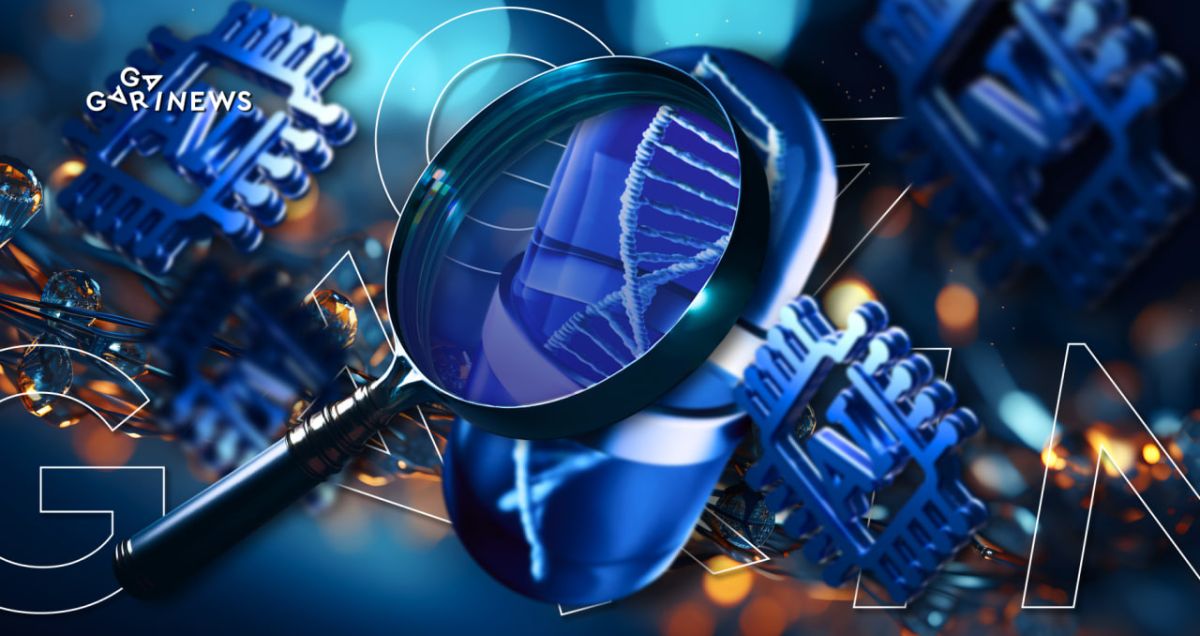AI Helps to Identify DNA Mutations Early On

Artificial intelligence may be a contested subject. However, when it comes to health it appears to be bearing fruit.
On this page
The scientists have good news for us: AI can help detect mutations early on.
Dubbed AlphaMissense, the new system scans the letters in the DNA – which are used to label key proteins during embryonic development – to understand whether the sequence is correct. Just imagine: Humans are made of four blocks of chemicals called adenine (A), cytosine (C), guanine (G), and thymine (T).
These create cells and tissues in our body. Should the letters be in the wrong order, this could result in a disease.
Enter AI.
In a paper published in Science, a host of researchers claim that AI enabled to categorize 89% of all 71 million possible missense variants as either likely pathogenic or likely benign. Meanwhile, human experts managed to confirm only
0.1%.
The authors explain that this is important because it helps uncover the root of diseases. This is not only tricky but also expensive and laborious as each protein is unique. Besides, each experiment has to be designed separately which can take months. By using AI predictions, researchers can get a preview of results for thousands of proteins at a time, which can help to prioritize resources and accelerate more complex studies.
“With millions of possible mutations and limited experimental data, it’s largely still a mystery which ones could give rise to disease. This knowledge is crucial to faster diagnosis and developing life-saving treatments,” the authors write, adding that the predictions are now freely available to the research community and open-sourced the model code for AlphaMissense.
Commenting on the results, Dr. Ellen Thomas, the deputy chief medical officer at Genomics England, said that health services will be among the first organizations to benefit from the new development.
“The new tool is really bringing a new perspective to the data. It will help clinical scientists make sense of genetic data so that it is useful for patients and for their clinical teams,” she said.
Meanwhile, the deputy director general of the European Molecular Biology Laboratory Ewan Birney emphasized that he thinks that AI will become a massive part of molecular biology and life sciences. “I don't know where it's going to end but it's changing nearly everything we do at the moment,” he said.
Previously, GNcrypto reported about AI in healthcare and the insights that investors have.
The content on The Coinomist is for informational purposes only and should not be interpreted as financial advice. While we strive to provide accurate and up-to-date information, we do not guarantee the accuracy, completeness, or reliability of any content. Neither we accept liability for any errors or omissions in the information provided or for any financial losses incurred as a result of relying on this information. Actions based on this content are at your own risk. Always do your own research and consult a professional. See our Terms, Privacy Policy, and Disclaimers for more details.


























